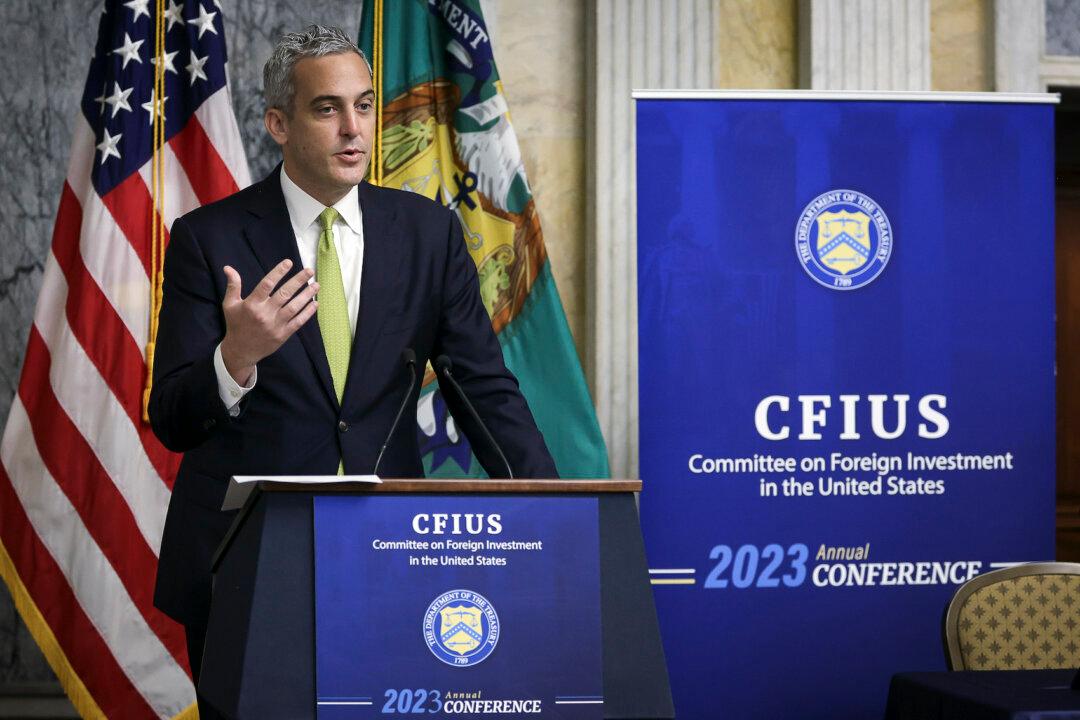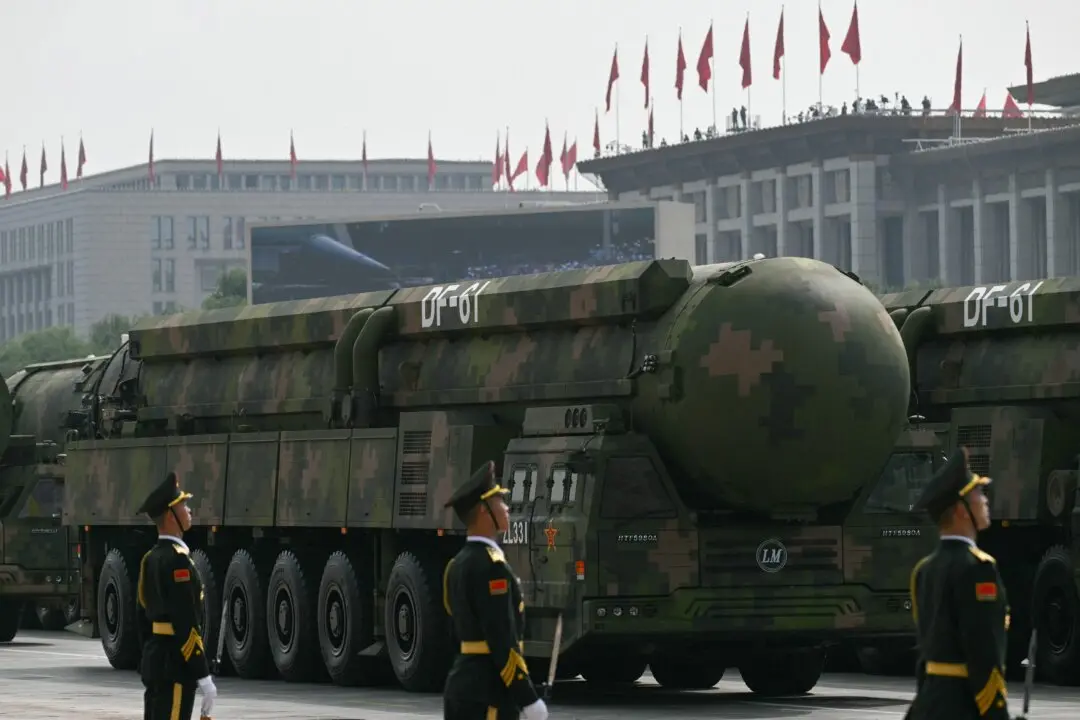The Biden administration has proposed new requirements that would constrain U.S. investments in artificial intelligence and other critical technology sectors in China due to national security concerns.
The U.S. Treasury Department, on Friday, announced new proposed requirements for some transactions and bans on others involving U.S. outbound investments in the development of artificial intelligence, quantum computing, semiconductor, and microelectronics technologies.





